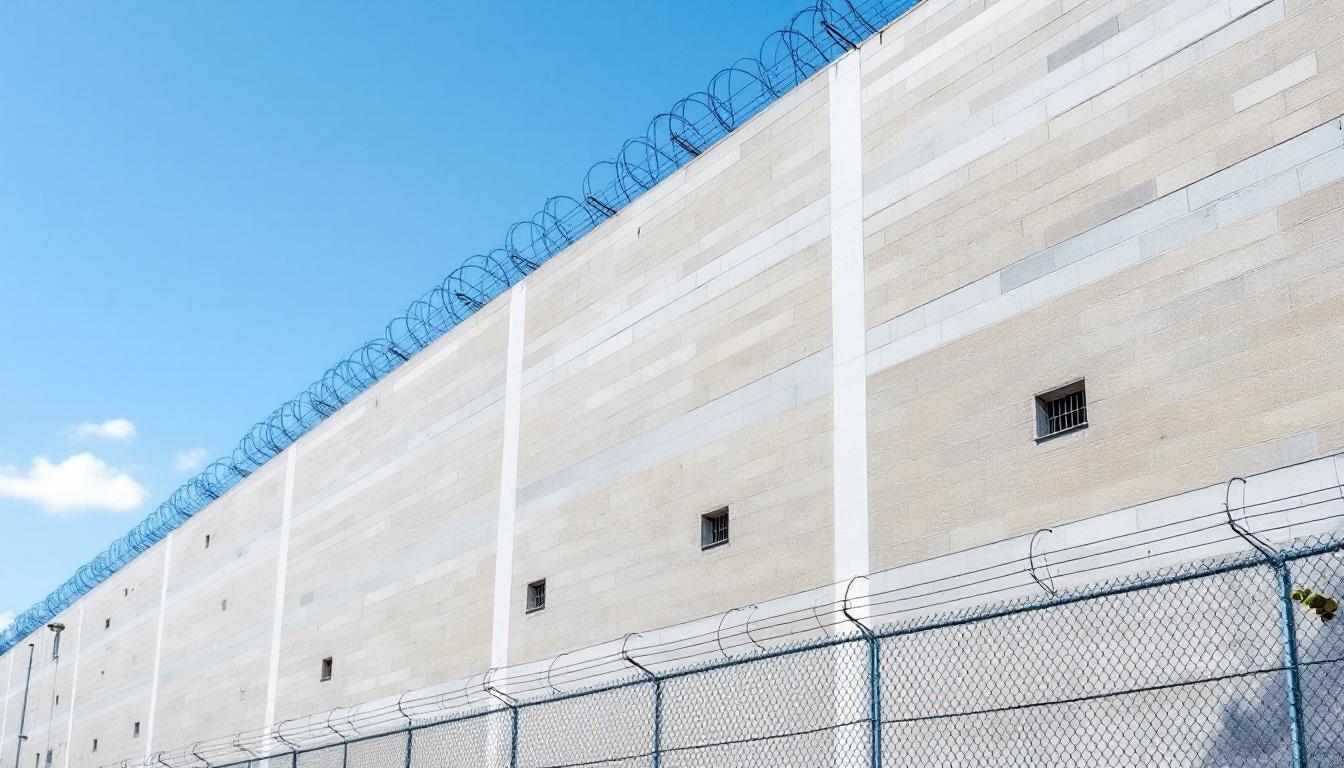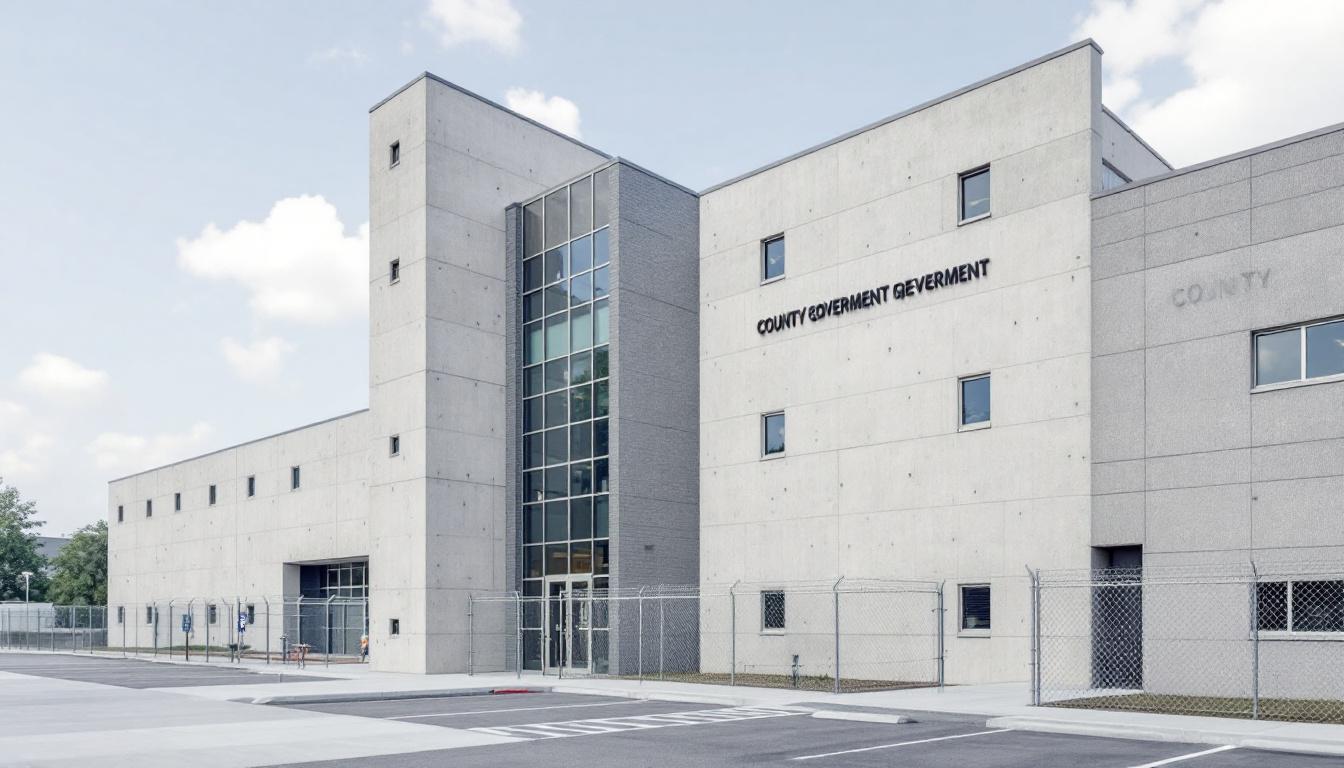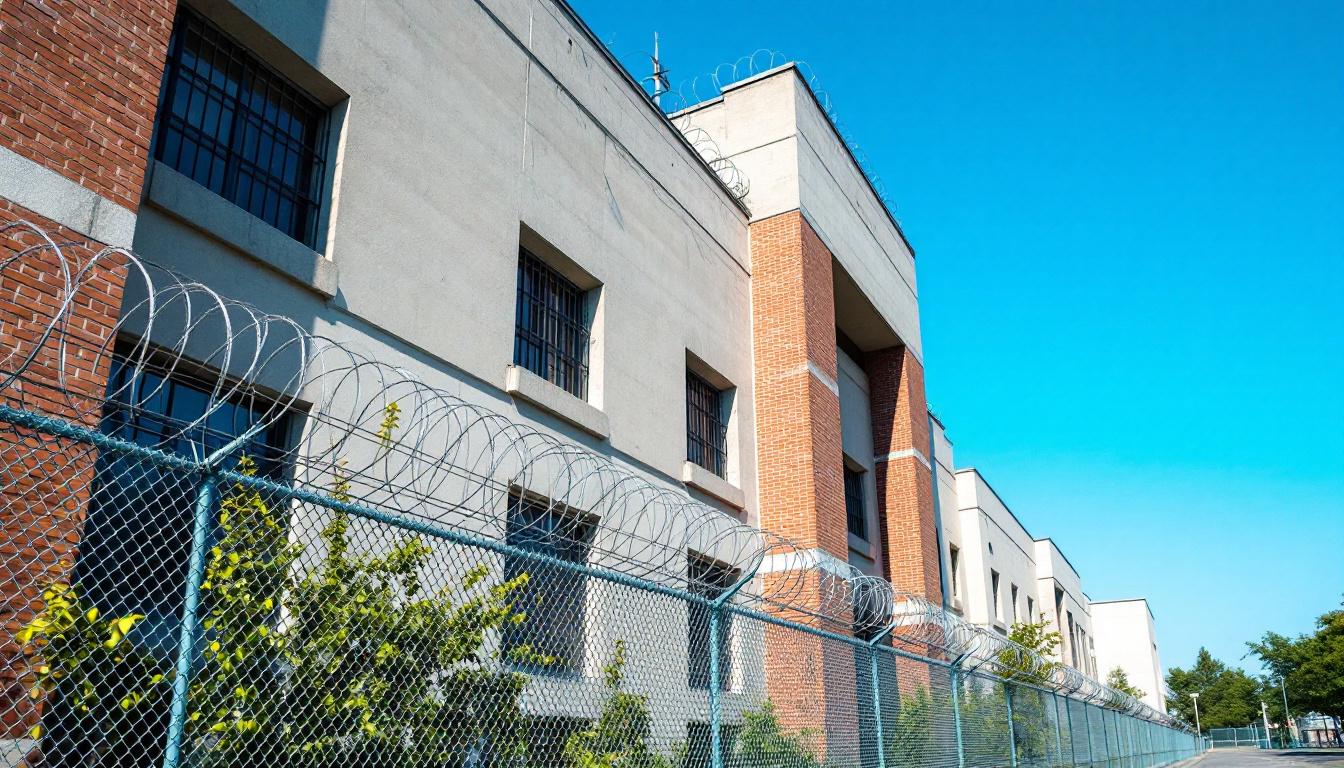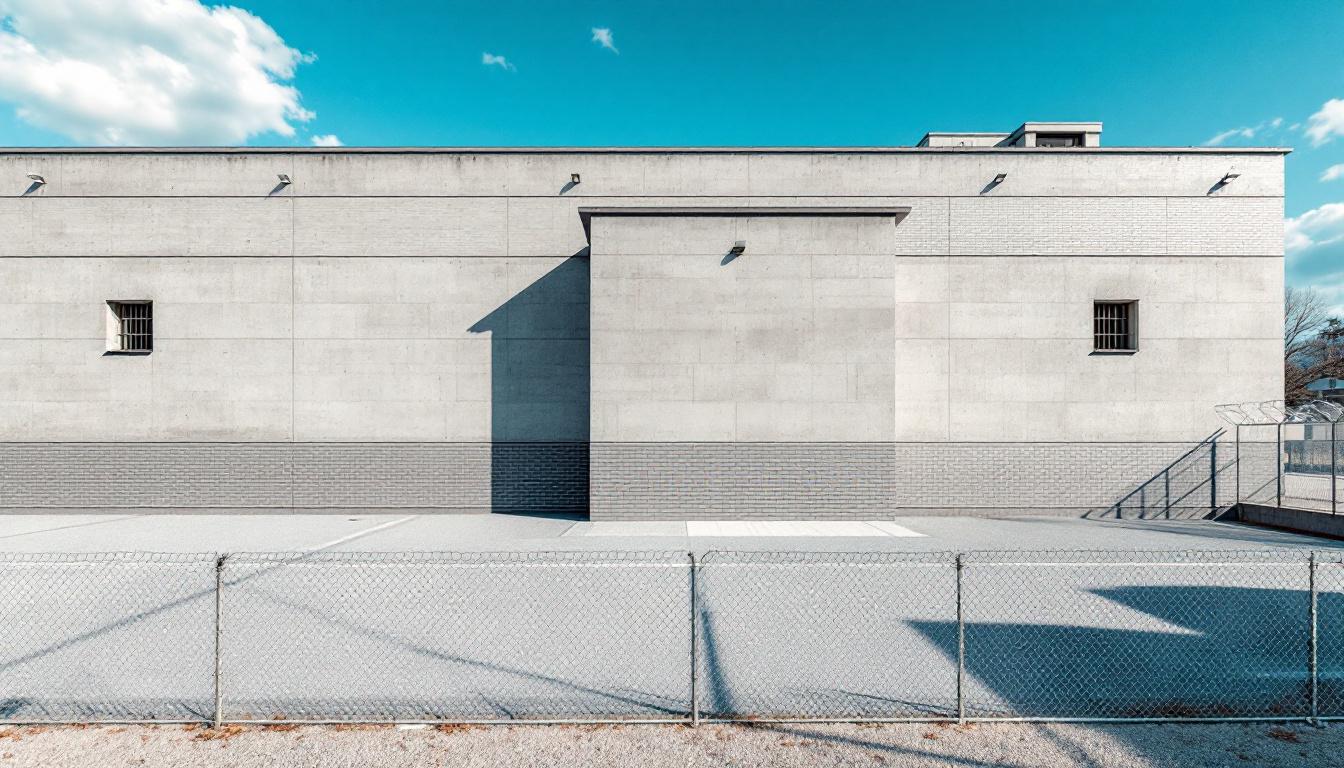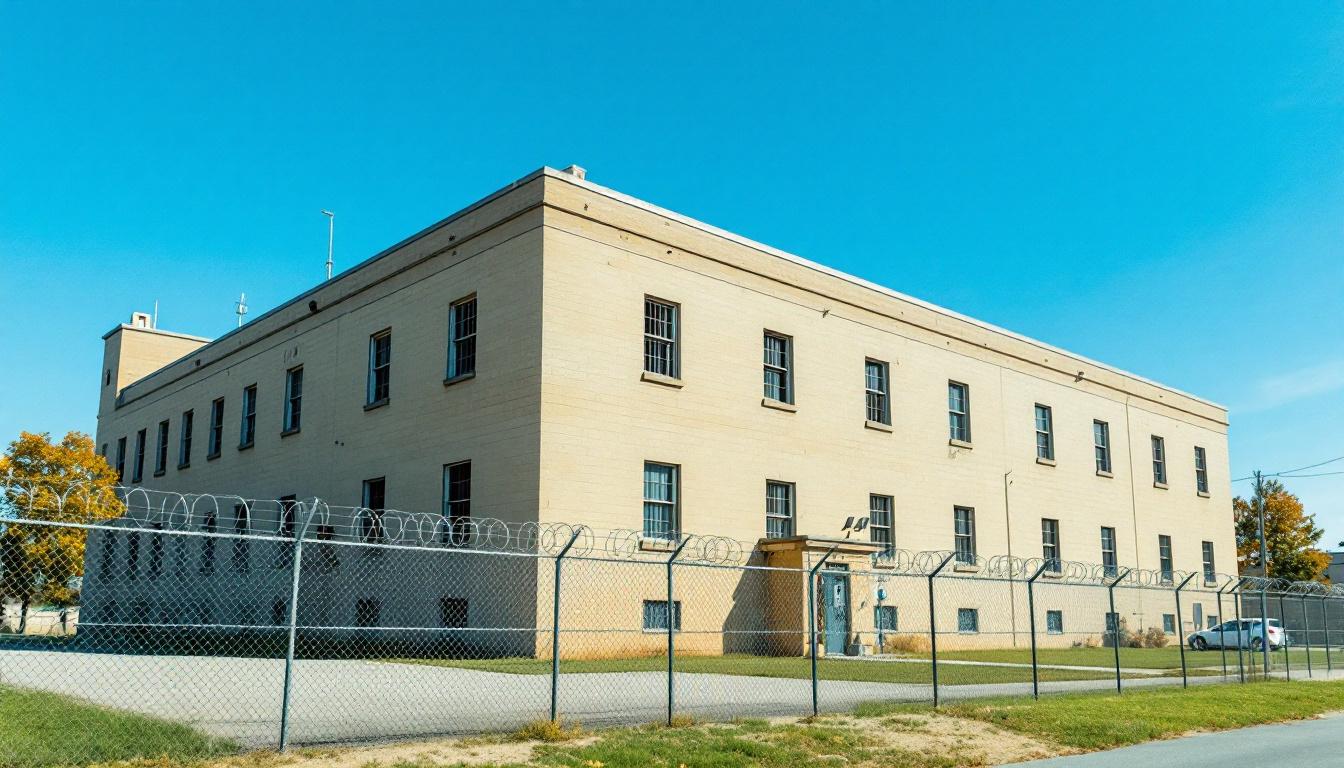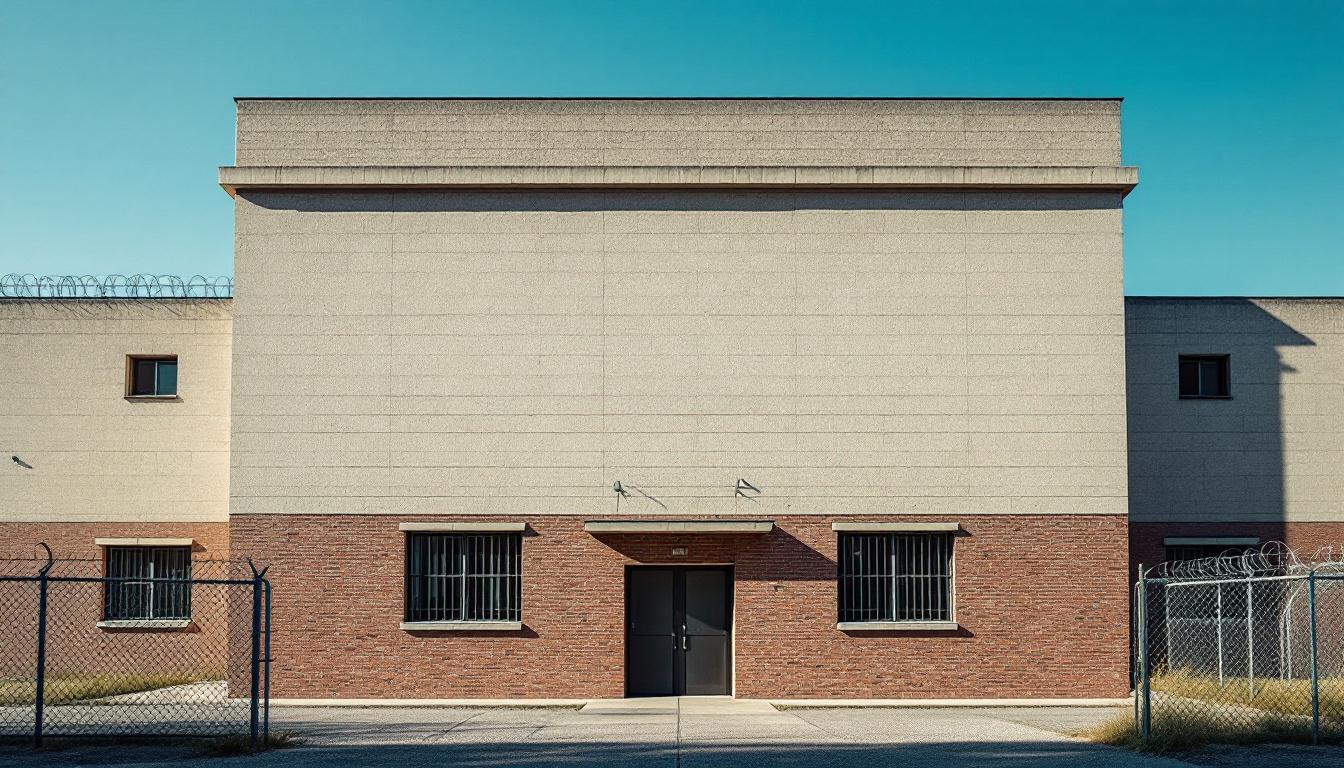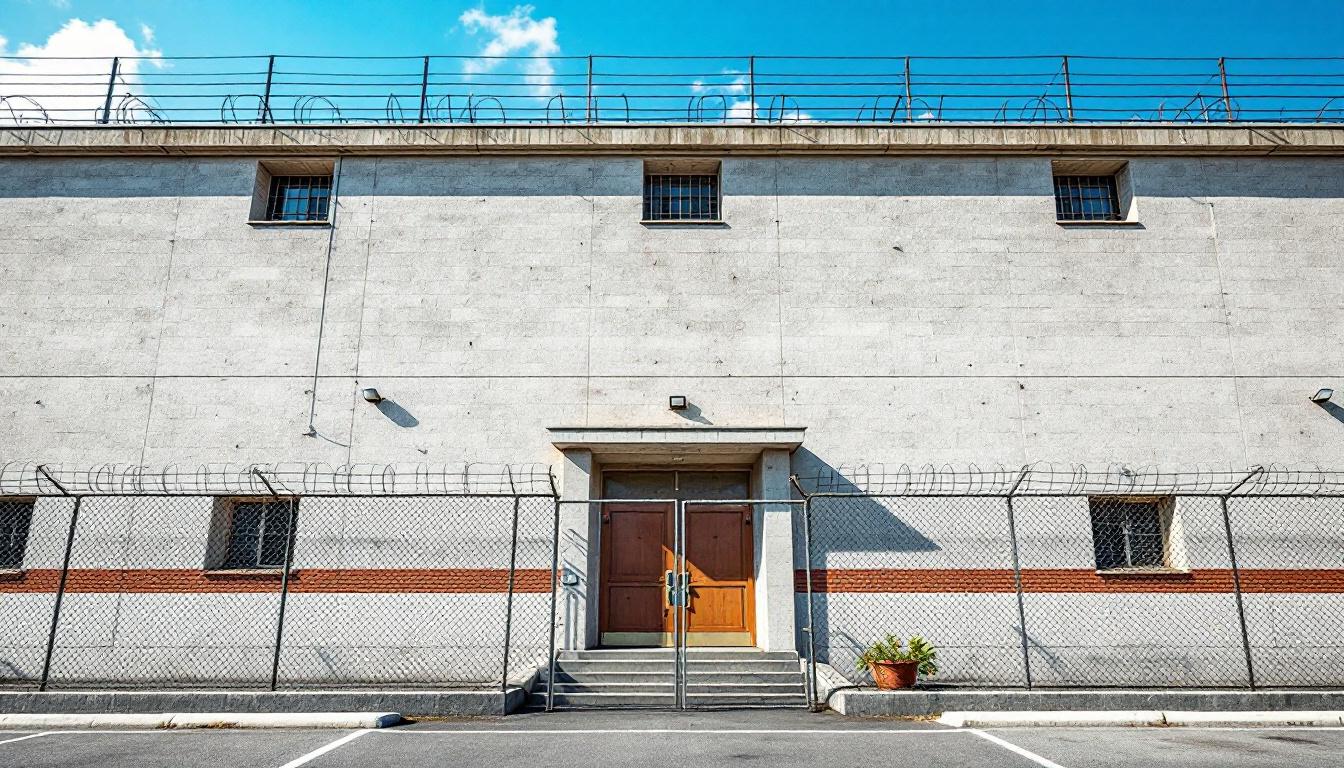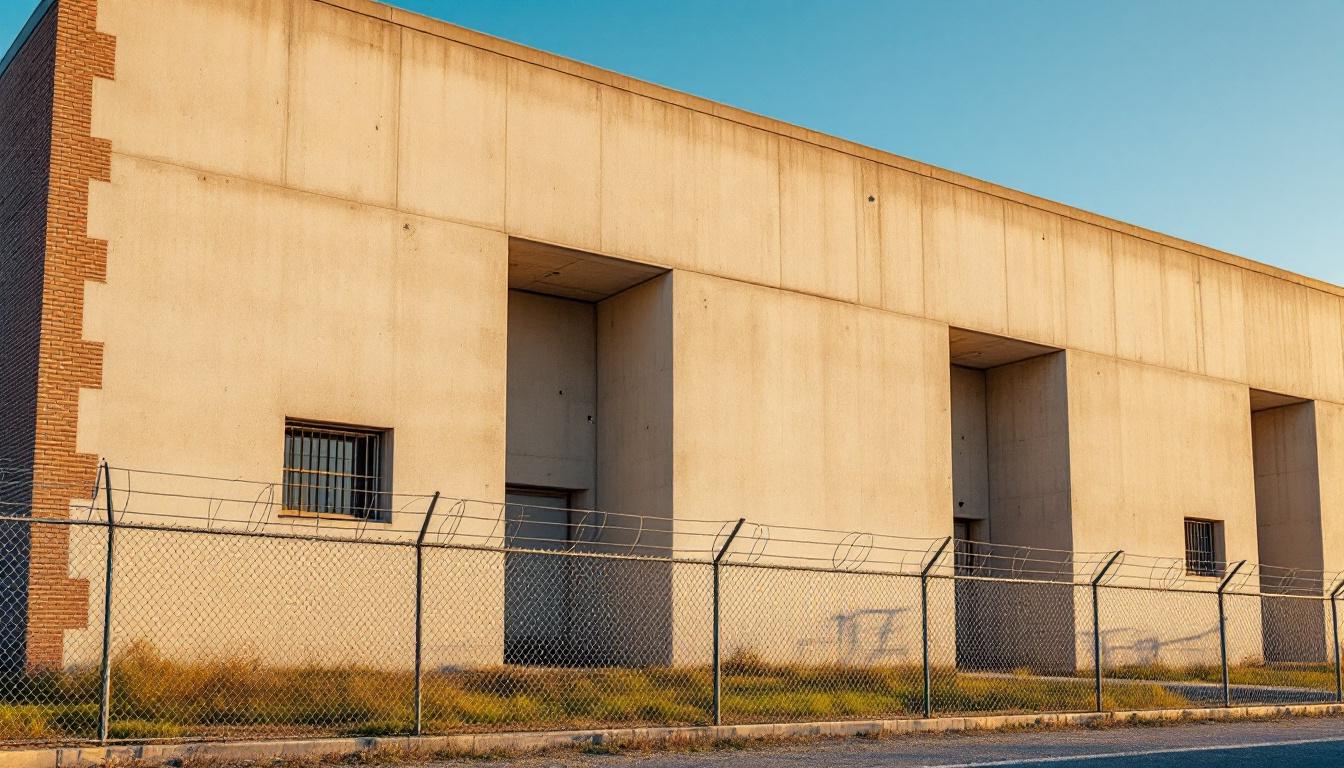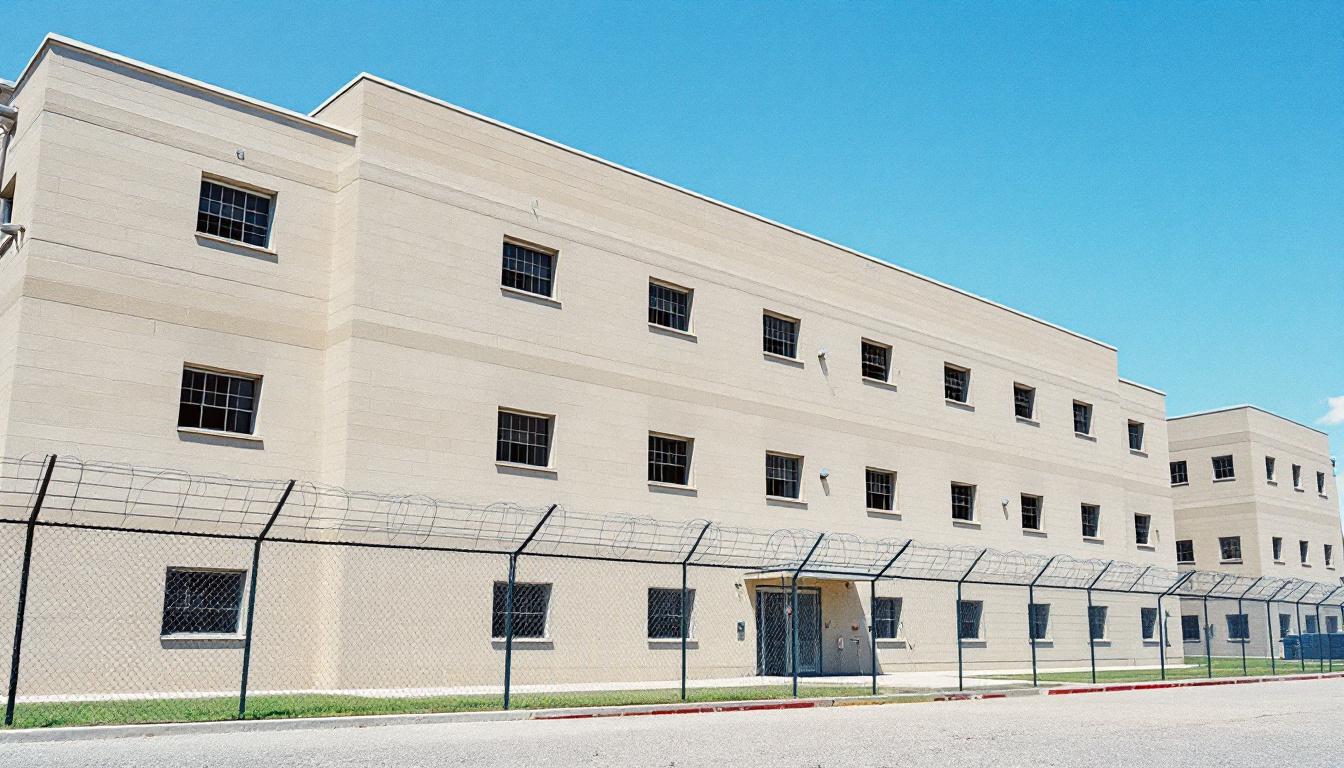
Quick Navigation
How to contact an inmate at William P. Hobby Unit
This comprehensive guide will walk you through how to connect with an inmate at William P. Hobby Unit. Follow the steps below to find an inmate and send letters and photos:
- Search for the inmate using our search tool below
- Create your account or log in to Penmate
- Write your message (up to 6,000 characters)
- Send instantly - inmates receive printed copies daily
Find an Inmate
Search for an inmate to start communicating today
Tip: You can search by first name, last name, or inmate ID number
To contact a person at William P. Hobby Unit start by searching for the person on the official facility website. Perform a search by following these steps:
- Step 1: Enter their first name and last name into the search form and click "Search"
- Step 2: Locate their inmate record
- Step 3: Write down their Inmate ID and any housing information provided
Important! Be sure to enter the person's full name. Nicknames should not be used.
How to Send Messages to Inmates

You can use your phone or computer to send emails, letters, and photos to an inmate. Messages are sent electronically to inmate tablets or kiosks at the facility. If you would like to send a message, start by searching for an inmate at William P. Hobby Unit.
Sending Photos and Postcards

A great way to send love and support to a loved one at William P. Hobby Unit is to send photos and postcards. It only takes a few minutes to send photos from your phone and it makes a huge difference. You can also mail postcards with words of support and inspiration, or design your own postcard for special moments like birthdays and holidays.
Important! Be sure not to send any explicit photos or they may not be approved by the facility. You can also use a photo printing app like Penmate to make sure your photos are printed at the correct size (4x6 or 3x5) and are mailed according to the rules and regulations of William P. Hobby Unit.
Frequently asked questions about William P. Hobby Unit
-
How long does it take to deliver a message?
If you're sending an email message your letter is usually delivered within 24-48 hours. For messages sent via mail you should expect delivery within 3-7 days. All messages will need be approved by William P. Hobby Unit.
-
How much does it cost to send a message to William P. Hobby Unit?
You can send a message free using your phone or mail a message via USPS for the price of a $0.60 stamp and envelope. You can also purchase credits or e-stamps from services starting at $1.99.
-
What services can I use to contact an inmate at William P. Hobby Unit?
Penmate
You can use Penmate to send letters and photos to an inmate from your phone. It's an easy way to stay in touch during your loved one's incarceration. Use the inmate locator to find an inmate's location and contact information, then you can send messages within a few minutes.
Securus messaging
Securus may be another option for communicating with an inmate at William P. Hobby Unit. You can create a friends and family account and purchase credits to send messages. All messages will be reviewed and must be approved by the facility.
JPay
Some county jails and state prisons may support sending messages with JPay. You must register an account with the system, find your loved one, and purchase stamps to send messages. For some locations you can also attach photos.
Smart Jail Mail
You may also check if Smart Jail Mail is available at William P. Hobby Unit. Smart Jail Mail is operated by Smart Communications and has contracted with some state and county jails. After purchasing credits, your messages and photos are sent to the facility, printed out, and then handed out to your loved one.
-
What is the mailing address of William P. Hobby Unit?
Mailing address:
William P. Hobby Unit
742 FM 712
Marlin, TX 76661
Phone: (254) 883-5561Business hours:
- Monday: 8:00 AM – 5:00 PM
- Tuesday: 8:00 AM – 5:00 PM
- Wednesday: 8:00 AM – 5:00 PM
- Thursday: 8:00 AM – 5:00 PM
- Friday: 8:00 AM – 5:00 PM
- Saturday: 9:00 AM – 5:00 PM
- Sunday: 9:00 AM – 5:00 PM
-
What are the visiting hours at William P. Hobby Unit?
Visiting hours at William P. Hobby Unit vary by housing unit and security level. Generally, visits are scheduled on weekends and holidays, with some facilities offering weekday visits. Contact the facility directly at (254) 883-5561 or check their website for the current visiting schedule. Visits typically last 30-60 minutes and must be scheduled in advance.
-
What items are prohibited when sending mail to William P. Hobby Unit?
Prohibited items typically include: cash, personal checks, stamps, stickers, glitter, glue, tape, staples, paperclips, polaroid photos, musical or blank greeting cards, hardcover books, magazines with staples, and any items containing metal or electronics. Only send letters on plain white paper with blue or black ink. Photos must be printed on regular photo paper (no Polaroids). Always check with William P. Hobby Unit for their specific mail policies.
-
How do I send money to an inmate at William P. Hobby Unit?
You can send money to an inmate at William P. Hobby Unit through several methods: 1) Online using JPay, Access Corrections, or the facility's approved vendor, 2) Money orders mailed directly to the facility with the inmate's name and ID number, 3) Kiosks located in the facility lobby, or 4) Over the phone using a credit or debit card. Fees vary by method, typically ranging from $2.95 to $11.95 per transaction.
-
Can I schedule a video visit with an inmate at William P. Hobby Unit?
Many facilities now offer video visitation as an alternative to in-person visits. At William P. Hobby Unit, video visits may be available through services like Penmate, Securus Video Connect, GTL, or ICSolutions. Video visits typically cost $10-20 for 20-30 minutes and must be scheduled in advance. You'll need a computer or smartphone with a camera and reliable internet connection. Contact the facility for their specific video visitation policies and approved vendors.
-
What identification do I need to visit an inmate at William P. Hobby Unit?
All visitors must present valid government-issued photo identification such as a driver's license, state ID, passport, or military ID. Minors must be accompanied by a parent or legal guardian who can provide the minor's birth certificate. Some facilities require visitors to be on the inmate's approved visitation list, which may require a background check. Contact William P. Hobby Unit for specific ID requirements and visitor approval procedures.
-
How can I find out an inmate's release date?
To find an inmate's release date at William P. Hobby Unit, you can: 1) Use the online inmate search tool if available, 2) Call the facility's records department, 3) Contact the inmate's case manager or counselor, or 4) Have the inmate provide this information during a call or visit. For privacy reasons, some facilities only release this information to immediate family members.
Facility Overview
Official Website
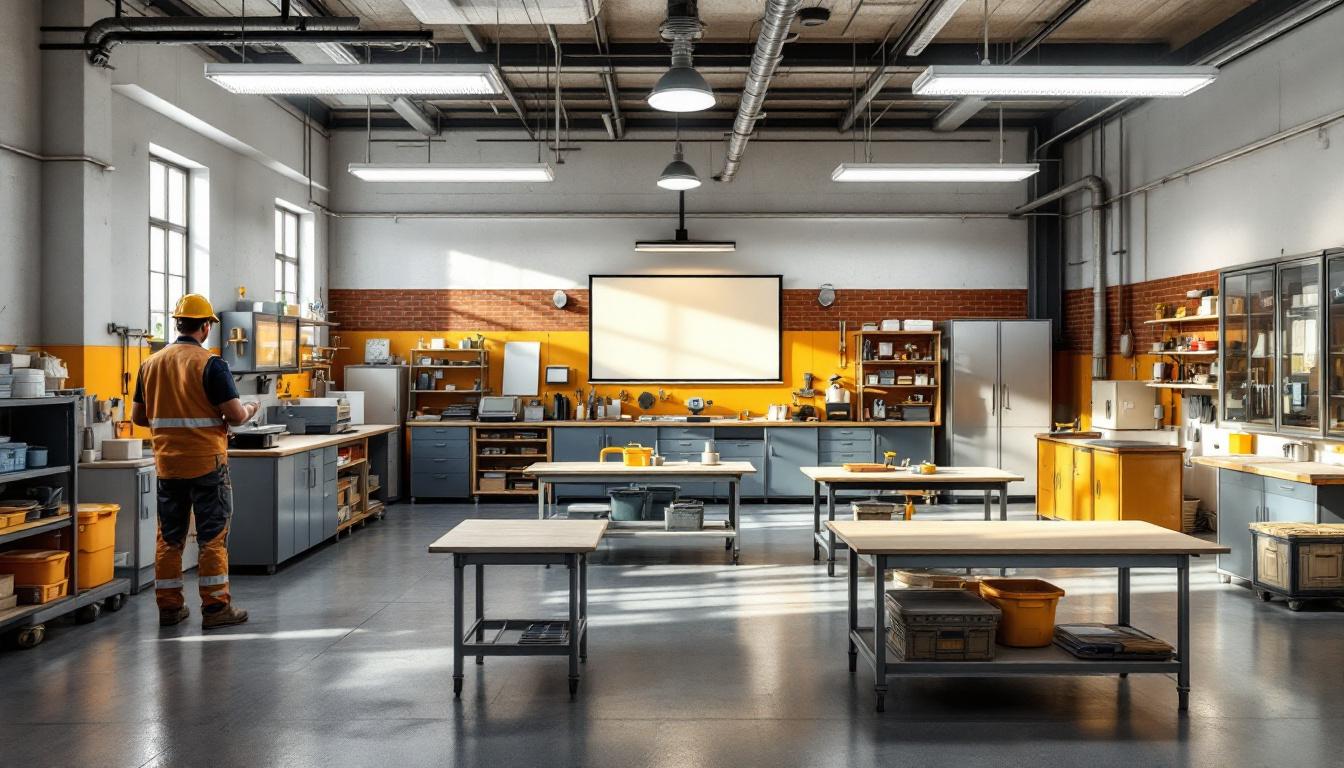
About William P. Hobby Unit
Supporting rehabilitation while maintaining secure custody represents the fundamental mission of the Hobby Unit, TX, which operates as an integral component of the state's correctional infrastructure in the Dallas metropolitan area. This TX correctional facility contributes to the broader network of institutions designed to address public safety concerns through structured incarceration and evidence-based programming approaches.
Located within the Dallas region, the facility typically provides those incarcerated services that align with contemporary correctional practices, including educational opportunities, vocational training programs, and behavioral intervention initiatives. The institution generally maintains security protocols appropriate for its designated custody levels while fostering an environment where individuals may engage in constructive activities during their period of confinement. Mental health support, substance abuse treatment, and reentry preparation often form core elements of the programming structure, reflecting the facility's role in supporting successful community reintegration.
The correctional facility operates within Texas's comprehensive approach to criminal justice, serving both immediate public safety needs and longer-term rehabilitation objectives. Through systematic programming and structured daily routines, the institution typically works to address underlying factors that may contribute to criminal behavior while maintaining the security measures necessary for safe operations. This dual focus on accountability and personal development reflects modern correctional philosophy's emphasis on reducing recidivism through meaningful intervention during the incarceration period.
Programs & Services
Personal growth takes many forms within the structured environment at Hobby Unit, where those incarcerated encounter diverse pathways toward building essential life skills and preparing for successful reintegration. The facility's comprehensive approach emphasizes security and safety while creating meaningful opportunities for development through carefully structured offerings. This balanced framework allows participants to engage in productive activities that may foster both personal responsibility and practical skill-building within a controlled setting.
Educational and vocational opportunities typically form the foundation of the facility's development-focused approach. Financial literacy courses may furnish those incarcerated with crucial knowledge about budgeting, banking, and money management skills that often prove essential for post-release success. In addition to this, vocational training offerings frequently provide hands-on experience in various trade skills, allowing participants to develop marketable abilities while maintaining the structured routine that supports facility security and order.
Support services extend beyond traditional educational boundaries to address multiple aspects of reintegration preparation. Work programs often include meaningful employment opportunities that may help participants develop workplace habits and contribute to facility operations. Faith-based initiatives typically provide spiritual guidance and community support for those seeking such resources. Family reunification services may offer structured pathways for maintaining and rebuilding important relationships, while housing assistance programs often help participants prepare for stable living arrangements upon release. Recycling programs frequently combine environmental responsibility with practical work experience, demonstrating how various offerings can serve multiple developmental purposes within the secure facility environment.
Daily Life & Visitation
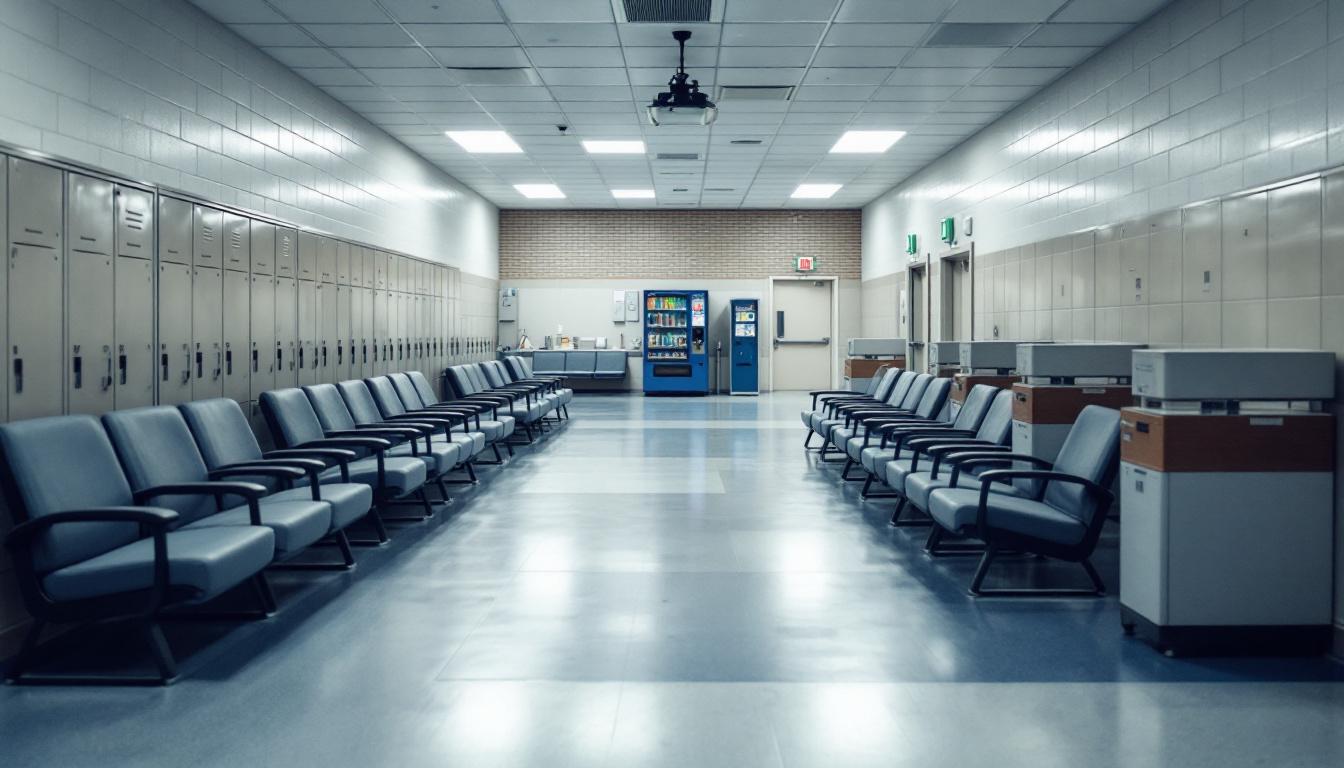
Building meaningful connections with fellow residents and maintaining ties to family members forms the cornerstone of daily existence for those incarcerated at the Hobby Unit. At present, individuals actively participate in structured routines that begin with early morning counts and meal service, typically followed by work assignments or educational programming. The day generally unfolds with scheduled activities that furnish both purpose and social interaction opportunities.
Housing arrangements typically consist of dormitory-style living quarters where those incarcerated share common areas and develop supportive relationships with their peers. Meals are generally served in communal dining halls at designated times, providing regular opportunities for conversation and community building. In addition to this, recreational periods may include access to outdoor yards, gymnasium facilities, and common rooms where residents can engage in games, watch television, or simply socialize with others.
Programming schedules often furnish various educational and vocational opportunities that allow individuals to work alongside peers while developing new skills. Visitation policies typically permit regular contact with family members and approved visitors during scheduled hours, while telephone access and correspondence help maintain crucial outside connections. Despite this structured environment, those incarcerated generally have opportunities to participate in religious services, support groups, and other activities that foster both personal growth and community bonds within the facility.
Ready to Connect?
Start communicating with your loved one today
Search for an Inmate
